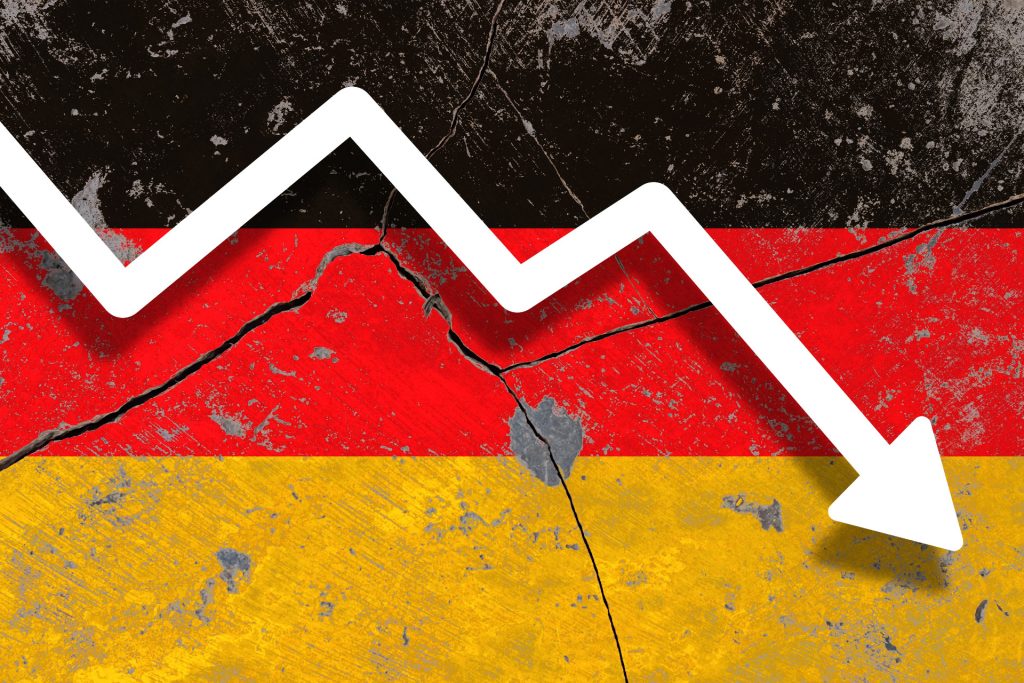High energy costs, trade wars, and declining sales threaten the country’s economic stability.
Others are reading now
Germany’s economy, long driven by its powerful auto industry, is now facing significant turmoil. Rising energy costs, labor expenses, and increasing competition from China are placing intense pressure on German automakers, dragging the country’s economy down with them.
A Struggling Auto Industry
As reported by Digi24, German automakers are dealing with a “perfect storm” of challenges. The transition from combustion engines to electric vehicles has exposed weaknesses, particularly in battery technology, where Germany lags behind global competitors.
At the same time, demand for electric cars in Europe is declining, while sales in China—previously a key market for German manufacturers—have plummeted. In 2024, BMW sales in China dropped by 13%, Mercedes-Benz by 7%, and Volkswagen by 10%.
Adding to these difficulties, U.S. President Donald Trump has threatened tariffs on key German exports, including steel and aluminum. Such measures could significantly impact Germany’s economy, which relies heavily on exports.
Also read
Political and Economic Fallout
The economic crisis is having a direct impact on Germany’s political landscape. With elections approaching, Chancellor Olaf Scholz is struggling in the polls, with his Social Democratic Party (SPD) falling behind the opposition.
Meanwhile, far-right Alternative for Germany (AfD) has gained momentum, fueled by public dissatisfaction with the economy.
German automakers have also been forced to cut costs. Volkswagen recently proposed a 10% salary reduction and planned to shut down three factories—moves that were reversed after pressure from labor unions.
The industry has also invested heavily in electric vehicles, but the government’s sudden withdrawal of subsidies in late 2023 caused a sharp decline in sales.
As Germany enters its third consecutive year of economic stagnation, the future of its automotive sector remains uncertain. With mounting pressure from global competitors and shifting political dynamics, the country faces a difficult road ahead.








